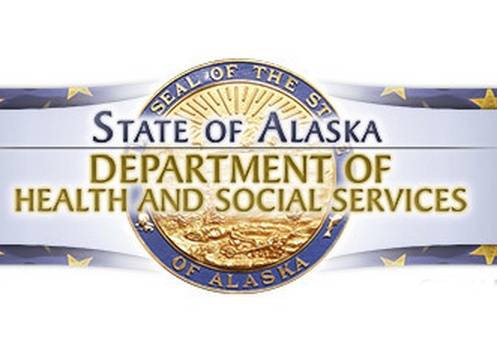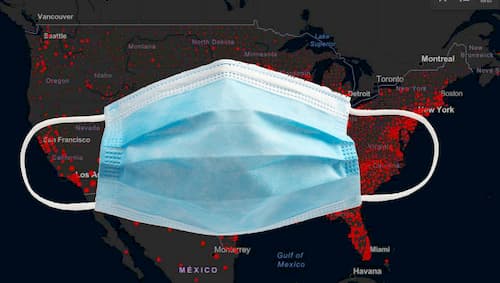
(Anchorage, AK) — The Alaska Department of Health and Social Services and the Municipality of Anchorage are warning Anchorage residents of a recent spread of mumps, and encouraging residents to update their vaccinations if necessary. Several new mumps cases have been diagnosed in the past few months, and there are now 13 confirmed cases of the disease in Anchorage. Most of these cases have occurred in young adults.
Mumps is a contagious viral disease with symptoms that include swollen and tender cheeks, fever, head and muscle aches, and fatigue that appear two to three weeks after infection. Males may also develop sore or swollen testicles. Some people do not have any symptoms and infrequently persons with mumps may experience serious health effects.
Large outbreaks of mumps have occurred this year across the country. State health officials suspect a traveler from outside Alaska may have brought the virus to Anchorage.
Mumps is spread by coughing, sneezing, talking, and sharing cups or utensils. Infected people without symptoms may be able to spread the disease to others.
Alaskans can help protect themselves and their families from the spread of mumps by making sure their MMR (measles, mumps, rubella) vaccinations are up to date. While some vaccinated individuals can still be infected, most people who have had two MMR vaccinations are immune to mumps. Young children and other people who have not been vaccinated are at a higher risk of contracting the disease. [xyz-ihs snippet=”Adsense-responsive”]
Nearly all students in the Anchorage School District have had two doses of the MMR vaccine. Anyone unsure of their vaccination status should contact their health care provider.
A person with mumps symptoms should call their health care provider before going into a doctor’s office to prevent spreading illness in the waiting room.
Questions can be directed to the Municipality of Anchorage Department of Health and Human Services Disease Prevention and Control Clinic at (907) 343-4799, or the State of Alaska Section of Epidemiology at (907) 269-8000.





